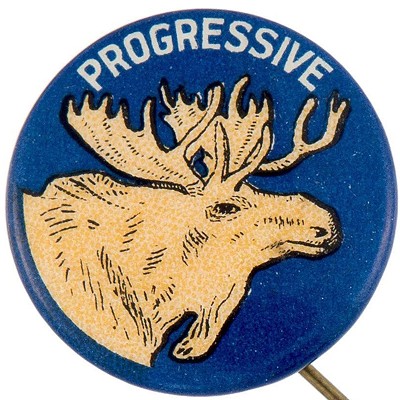Some of the youngest memories Victor Rivas Rivers has are of his father being abusive to his mother, his siblings and himself.
Born in Cuba and raised near Los Angeles, Rivers eventually overcame the odds to become a Hollywood actor. One of his most recognizable roles was as Antonio Banderas' brother in The Mask of Zorro.
But growing up and getting there was extremely difficult. He detailed his abusive upbringing in his book, A Private Family Matter: A Memoir, and now speaks around the country to groups fighting to end domestic violence. Rivers will speak to his experience at the May 21 Women Helping Women Fund luncheon. (Tickets are $125 and need to be purchased by May 12).
INLANDER: Where did the title of your book come from?
At 12 years old, I walked into my city police department and took my clothes off, because everything he was doing to me was under my clothes, you couldn't see it at school. I was covered in bruises, welts and burns. They were horrified at what they saw, and I was pleading with them. They said, "We can only arrest him if we catch him in the act." I said, "Look at my body! Go arrest him!"
They said I could sign a formal complaint, and they could drive me back and talk to my dad. I said, "If you don't arrest him, and you just leave, he'll kill me." One officer said, "There's nothing we can do. It's a private family matter."
You are only the second man chosen to speak for the Women Helping Women Fund luncheon in 27 years. Why is it important for men to be part of the conversation about domestic violence?
We know that one in three or one in four women globally, not just in the United States, will be the victim of a violent crime. The overwhelming percentages tell us it will be a man who will be the abuser or perpetrating the violence. It's really our issue. When I first started speaking, there were men who would ask me, "Isn't that really a women's issue?" That's a misconception, because it will impact all of us at some point. ...
When I say I was tortured as a child, I'm not exaggerating. I was beaten, I was burned, I was locked in a closet, I was hammered. I was a child that endured a lot of abuse, and witnessed a lot of it towards my mother. It's unfortunate because my story is one of reclamation and going the other direction, becoming a nonabuser. But most boys don't get that message. When they witness their fathers or male figures they look up to treating women in that fashion, they sort of repeat that cycle.
What encouraged you to open up about your own experiences with domestic violence?
When they handed me my son in my arms and had me cut his cord, it was in that moment I knew that I could never hurt my son the way my father hurt me. That's when I truly knew the cycle of violence was broken in my life. ...
I can assure you I wouldn't be standing here today without the investment and love and guidance of those in my community who took me in and gave me a new path in life. So it's my way of, in essence, paying it forward to those who invested in me when most would've thrown the key away; I was 15, over 200 pounds, and I was a gang member. I was this kid who only knew violence, and my high school took me in. There was no paperwork, but I was the unofficial foster child. I went from gang member to president of the school in two-and-a-half years. That's what community investment looks like. ♦

























